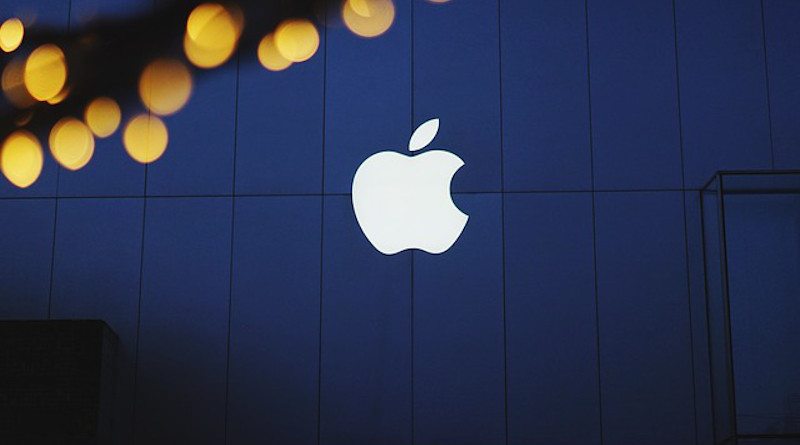The Jobs Factor And The Apple Cult – OpEd
I just hope that buying a MacBook won’t turn me into an iPrick. – Charlie Booker, The Guardian, Feb 1, 2010
One gets giddy just hearing it, let alone reading the gushing material. There are the camped queues, the nerd proselytes, the apps mongers and ‘fanboys’. The cult of Apple, the cult of chic, and the fashionable. The passing of Steve Jobs, innovator extraordinaire and High Priest of Macintosh, has dismayed his followers. Are we too far gone on the hedonistic treadmill, iPhone in hand, iPad! at the ready, to make sense of it? When marketing can be seen to be a genius in itself – when the unnecessary is packaged as necessary (fancy more ‘apps’, redundant, missing or otherwise anyone?) then we must all, whether we know it or not, have joined the Apple Cult.
It all began in 1976 when Jobs founded the company. It did not take too long before Apple came to be identified with a religion in a way that was somewhat different to Microsoft. The Mac, mused the Italian scholar and semiologist Umberto Eco in a September 1994 issue of the Italian news weekly Espresso, was Catholic. Microsoft, he suggested, was Protestant – not all will make the grade and pass the heavenly gates, for the tormented user had to master the technical aspect of the program, often with manuals the size of doorstoppers. Apple’s Catholicism had, on the other hand, a message ‘cheerful, friendly, conciliatory, it tells the faithful how they must proceed step by step to reach – if not the Kingdom of Heaven – the moment in which their document is printed.’
The PC is seen as the stubborn workman of the show, the satanic, dull, profit making orthodoxy, the industrial, the Apple as something unconventional, artistic, charming and even gorgeous. If you don’t want to work, and the playing mood is approaching, then Apple is your thing, in all its Baroque splendour, its intoxicating incense. The cult of Apple is itself the genius of Jobs, because the technology ceased to be the tool, but instead became vested with something of an animist spirit, a means of enchantment.
With a religious narrative, a company like Apple becomes immune to penetrating analysis. Individuals such as consumer behaviourist Russell Belk have made Mac religion a study (Wired, Dec 5, 2002). Problems with the product are conveniently bypassed. Failures such as the Lisa and Apple III are seen as failures of the overly ambitious mind, the supreme optimist. ‘Give the followers some time – they will see the light.’ Eventually, financial disasters will be overcome, and resurrection shall take place. Besides, deities are infallible.
Charlie Brooker in the Guardian (Feb 1, 2010) put it rather well when the iPad was released. ‘Apple excels at taking existing concepts – computers, MP3 players, conceit – and carefully streamlining them into glistening ergonomic chunks of concentrated aspiration.’ And what conceit it is – laptop meeting the coffee table (MacBook) and iPhone meeting the MacBook in turn to give us this a slim pad.
The cult of Apple has caused some to feel queasy. But that does not stop people from mourning the passing of the ascetic high priest that was Steve Jobs. ‘I’ve spent the better part of the last decade railing against Apple and its cult-like following’, writes Aneurin Bosley in the Toronto Star (Oct 6) ‘but now that Steve Jobs has died I feel nothing but sorrow.’ His memories of the Apple Ille he got in 1983 were vivid. As were those of Jobs being insufferable on his return to Apple in 1997, making remarkable, sometimes bizarre decisions- the sudden removal of the arrow keys on a keyboard or the building of impractical USB ports.
Eventually, any cult of personality must produce its heavy-laden distortions. Followers are never attractive however persecuted, nor are obsessions. But Jobs was always there with the innovative slant, a hipster with technology, one might even say a rogue of the computer set. ‘Why join the navy,’ he intoned, ‘when you can be a pirate?’

